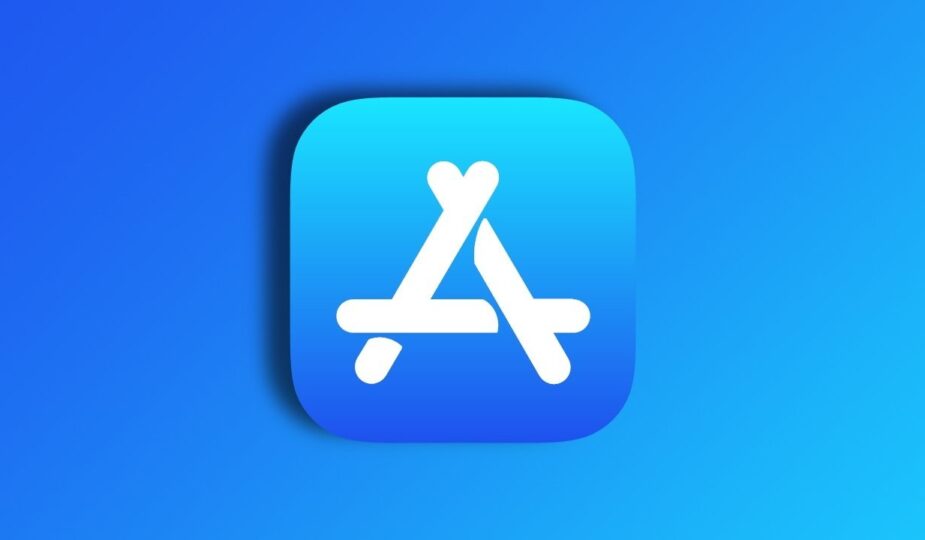Progressive web apps are not changing in the EU
 0 Facebook x.com Reddit
0 Facebook x.com Reddit
After weeks of internet drama, Apple responds to complaints to the death of Progressive Web Apps in the European Union and restores their functionality in iOS 17.3 and earlier.
When the first beta version of iOS 17.4 was released, users in the European Union encountered problems with Progressive Web Apps not working properly. Further versions of the beta, including the release of candidates on February 27, made the situation worse.
And now Apple has changed its mind on this matter. Apple says it changed course due to numerous requests from consumers to keep the feature.
Apple has changed its page on changes to the Digital Markets app to reflect the change in direction of the progressive web app.
Apple's new page looks like this:
Apple previously announced plans to remove home screen web app capabilities in the EU as part of our DMA compliance efforts. The need to remove this feature was driven by the complex security and privacy issues associated with web applications supporting alternative browser engines, which would require the creation of a new integration architecture that does not currently exist in iOS.
We have received requests to continue to support web – Home Screen apps on iOS, so we will continue to offer the existing web Home Screen app experience in the EU. This support means that Home screen web apps are still built directly on WebKit and its security architecture, and follow the security and privacy model for native iOS apps.
Developers and users who may be impacted by the removal of Home Screen web apps in the iOS beta in the EU can expect the existing Home Screen web app functionality to return when iOS 17.4 releases in early March.
To be supported, Progressive Web Apps will still need to be built on top of WebKit, with all that entails.
The European Union Digital Markets Act, which gave rise to all these changes, has an implementation deadline of March 8th. If Apple follows its usual course, iOS 17.4, with legal concessions contained in the App Store, will arrive on Tuesday. 5th of March.
Apple's DMA plans and subsequent complaints
On January 25, Apple announced its changes, which will take effect in March 2024 to comply with DMA. For all users, Apple will begin notarizing all iOS apps, regardless of where they are sold.
Developers can offer their own app marketplace in the EU, but they must be approved by Apple and use a human review process. These stores are also responsible for refunds themselves, but may use alternative third-party payment processors.
At the same time, Apple is changing its commission structure, reducing the standard commission from 30% to 17%. Apps that remain in the App Store will also incur a 3% fee for using Apple's payment processing services.
Oddly enough, all apps not sold through the App Store will be subject to a basic technology fee of €0.50 for the first app installation per year, with no charge for the first million installs.
Along with the changes, iOS is required to support multiple browser engines, in addition to user interfaces on top of WebKit. In short, in the EU Apple should fully support Mozilla Firefox and not just use Apple WebKit.
At the same time, it was detrimental to progressive web applications. Presumably the company did this because it thought it would have to support them in all browsers that don't use WebKit, but that's not the case.
Apple's decision also follows a threat to look into this issue from the European Commission authorities.
“We are indeed reviewing the compliance packages of all regulatory authorities, including Apple,” the European Commission said in a statement on February 26. “In this context, we are particularly looking into the issue of progressive web applications and can confirm sending requests for information to Apple and app developers who may be able to provide useful information for our assessment.”
Apple's proposals naturally caused complaints. Spotify CEO Daniel Ek called the fees “extortion, plain and simple,” while Epic Games CEO Tim Sweeney called them “hot garbage” and “an insidious new example of malicious compliance.”










